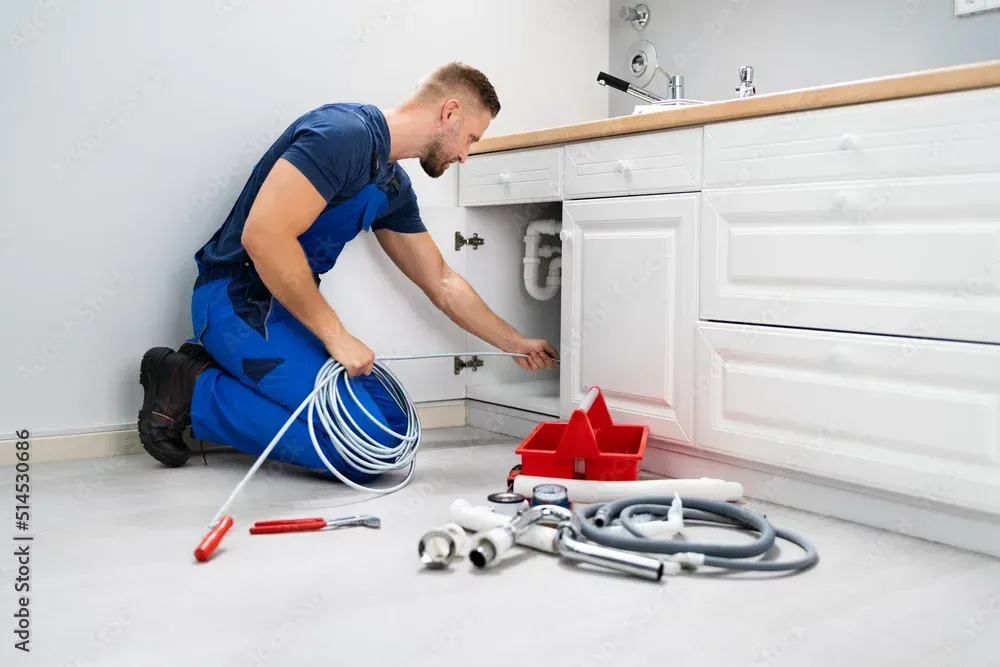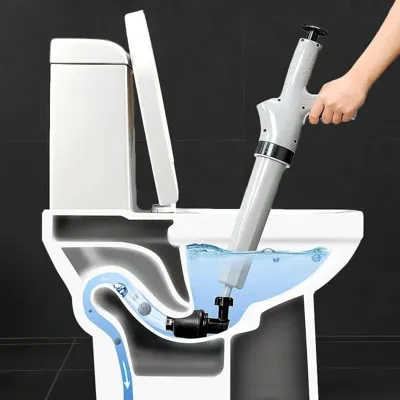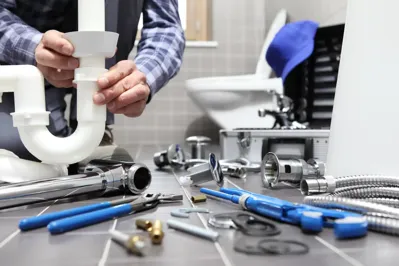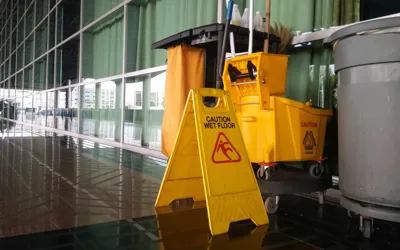How to prevent sewer blockage? Listen to the advice of professional cleaners!
A clogged sewer line is a homeowner's nightmare, leading to unpleasant odors, slow drains, and even sewage backups. But fear not! This comprehensive guide will equip you with the knowledge to choose the right sewer cleaner and keep your pipes flowing freely.

Understanding Sewer Cleaners
Sewer cleaners are chemical or enzymatic solutions designed to break down and remove clogs in sewer lines. They come in various forms, including liquids, gels, powders, and foams, each with its own strengths and weaknesses.
Types of Sewer Cleaners
1. Chemical Cleaners:
Caustic Cleaners (e.g., Lye): Powerful and fast-acting, but highly corrosive and can damage pipes if used improperly.
Oxidizing Cleaners (e.g., Bleach): Effective against organic matter, but can release harmful fumes and damage certain pipe materials.
Acid Cleaners (e.g., Sulfuric Acid): Extremely potent and should only be used by professionals due to their hazardous nature.
2. Enzymatic Cleaners:
Bacterial Cleaners: Contain live bacteria that digest organic matter, making them safe for pipes and the environment. However, they work slower than chemical cleaners.
Enzyme Cleaners: Use enzymes to break down specific types of clogs, such as grease or hair. They are generally safer than chemical cleaners but may not be as effective on severe clogs.
Choosing the Right Sewer Cleaner
Consider the following factors when selecting a sewer cleaner:
Type of Clog: Identify the likely cause of the clog (e.g., grease, hair, tree roots) to choose a cleaner that targets it effectively.
Pipe Material: Some cleaners can damage certain pipe materials, such as PVC or older metal pipes. Always check the product label for compatibility.
Severity of Clog: For minor clogs, enzymatic cleaners may suffice. For severe clogs, chemical cleaners or professional assistance may be necessary.
Safety: Prioritize safety by choosing less toxic options and following all safety precautions on the product label.
Using Sewer Cleaners Safely and Effectively
Always read and follow the manufacturer's instructions carefully.
Wear protective gear, including gloves and eye protection.
Never mix different types of cleaners, as this can create dangerous chemical reactions.
Use the recommended amount of cleaner and avoid overuse.
Flush the pipes thoroughly with water after using a cleaner.
Preventing Future Clogs
Avoid pouring grease, oil, or fat down the drain.
Use drain strainers to catch hair and food particles.
Flush drains regularly with hot water or a baking soda and vinegar solution.
Schedule periodic professional sewer line inspections and cleaning.
When to Call a Professional
If you experience any of the following, it's best to call a licensed plumber:
l Multiple clogged drains
l Sewage backups
l Foul odors coming from drains
l Gurgling sounds in pipes
l Slow drainage despite using cleaners
By understanding the different types of sewer cleaners, choosing the right product for your needs, and using it safely and effectively, you can keep your sewer lines clear and prevent costly plumbing disasters. Remember, prevention is key, so adopt good drain maintenance habits to keep your pipes flowing smoothly for years to come.
Featured Articles
 Toilet plunger: a must-have cleaning tool for the familyThe toilet is one of the essential facilities in our daily life, but it also often faces the problem of blockage. Toilet blockage may be caused by many reasons, such as too much paper towels, foreign objects falling into the toilet, aging of pipes or grease accumulation. In order to avoid frequent troubles, toilet plungers, as a simple and effective tool, have become a must-have for many families.
Toilet plunger: a must-have cleaning tool for the familyThe toilet is one of the essential facilities in our daily life, but it also often faces the problem of blockage. Toilet blockage may be caused by many reasons, such as too much paper towels, foreign objects falling into the toilet, aging of pipes or grease accumulation. In order to avoid frequent troubles, toilet plungers, as a simple and effective tool, have become a must-have for many families. Affordable and Cost-Effective plumbing Repair Services in the U.S.Sewer systems are an essential part of every home and building, responsible for directing wastewater from inside the property to municipal sewer systems or treatment facilities. When sewer systems encounter problems, it can lead to a host of serious issues, such as clogs, sewage backups, foul odors, and even health hazards. This is where professional sewer repair services become crucial, providing necessary solutions to maintain the functionality of these systems.
Affordable and Cost-Effective plumbing Repair Services in the U.S.Sewer systems are an essential part of every home and building, responsible for directing wastewater from inside the property to municipal sewer systems or treatment facilities. When sewer systems encounter problems, it can lead to a host of serious issues, such as clogs, sewage backups, foul odors, and even health hazards. This is where professional sewer repair services become crucial, providing necessary solutions to maintain the functionality of these systems. Surge in Demand for Cleaning Services: Rapid Industry GrowthCleaning services are experiencing an unprecedented surge in demand, driven by a variety of factors, including heightened awareness of cleanliness and hygiene due to global health concerns. From residential cleaning to commercial spaces, more people are recognizing the importance of professional cleaning services to maintain a clean and sanitized environment. This growing demand has created numerous job opportunities in the cleaning sector, making it an increasingly attractive career choice for many.
Surge in Demand for Cleaning Services: Rapid Industry GrowthCleaning services are experiencing an unprecedented surge in demand, driven by a variety of factors, including heightened awareness of cleanliness and hygiene due to global health concerns. From residential cleaning to commercial spaces, more people are recognizing the importance of professional cleaning services to maintain a clean and sanitized environment. This growing demand has created numerous job opportunities in the cleaning sector, making it an increasingly attractive career choice for many.